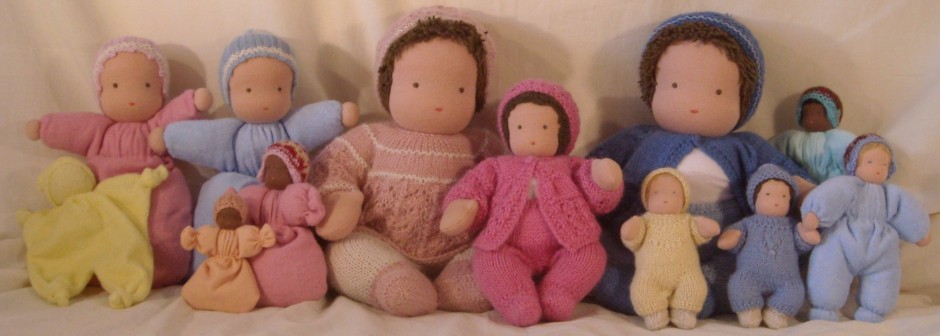An Open Letter – How it all began….
March 2002
This initiative, called Q'ewar in the ancient Quechua
language, is a social work arising out of a process of maturation
between the initiators of the project, Julio Herrera and Lucy Terrazas
and the peasant rural community of Q'ewar, in a small town outside
Cuzco, Peru, called Andahuaylillas. Lucy and Julio decided to settle
in Andahuaylillas in October 2000. Because the town is small, the
frequency of daily contact made possible and gave rise to bonds of
friendship, harmonious collaboration and a strong sense for the hard
conditions of the life of the rural people of Andahuaylillas.
In January 2002, Lucy and Julio were able to set up a small
room in their house as a communal workshop. To begin with, 130 kilos
of sheep's wool was bought – all of which needed to be cleaned and
washed – the first lesson! The first four women to participate were
family related, all having severe problems in their life situations.
Initially Q'ewar will produce very fine alpaca sweaters and
dolls, hand made with all natural materials. The clothing on the dolls
will reflect the traditional garb seen today in the Cuzco area. During
the month of February 2002, Q'ewar acquired two small wooden
foot-operated spinning wheels to help in the production of fine alpaca
thread with which to make sweaters. Forty kilos of fine alpaca wool
has been bought from the town of Sicuani and the women, at present are
developing the first balls of yarn.
Besides the labor in the workshop, we have started to give
alpaca fiber to other women who are able to hand-spin in their houses
and also during their walking to and from their fields (for cultivation
and animal grazing). The women have been given two kilos and are able
to spin 100 or 150 grams per day. This same system is utilized in the
making of the sweaters. We deliver balls of yarn to the women who know
how to knit and they work in their houses.
Q'ewar is looking to produce items of quality, using only
natural materials, handmade. Incorporated into the designs of our
sweaters, we hope to recover some of the ancient pre-Colombian motifs
and the production techniques of our ancestors. As time passes in the
development of this social work, we will also be using ancient
techniques for color dying alpaca and wool fibers, utilizing indigenous
plants and insects.
The basic motivation that led to this social initiative stems
from the acknowledging we are brothers to the women and men worst
affected by their destiny and assuming responsibility for helping our
society overcome ignorance and racism. We are searching for ways that
will bring balance to the social injustices all around us.
The Saturday meetings allow us to talk about the progress of
the project so that the work is very clear and everybody understands
what is happening. This we believe is one of the keys for group
cohesion. It allows for feelings of confidence and mutual respect and
develops a higher level of meeting as human beings and as Christians.
The themes of conversation focus around health issues; diet and the
prevention of illness; human rights of the child and of the woman.
These are priorities in our Saturday chats and they will remain
constant themes in the life of Q'ewar.
As to the economic gains that our project will generate, they
will serve to pay the daily wages of the women; making the health of
the women and children a priority; as well as using the money to begin
to install bathrooms and drainage systems in the houses of the
families. Little by little we will form a community monetary fund
which the women will learn to use responsibly, autonomously and in
freedom.
